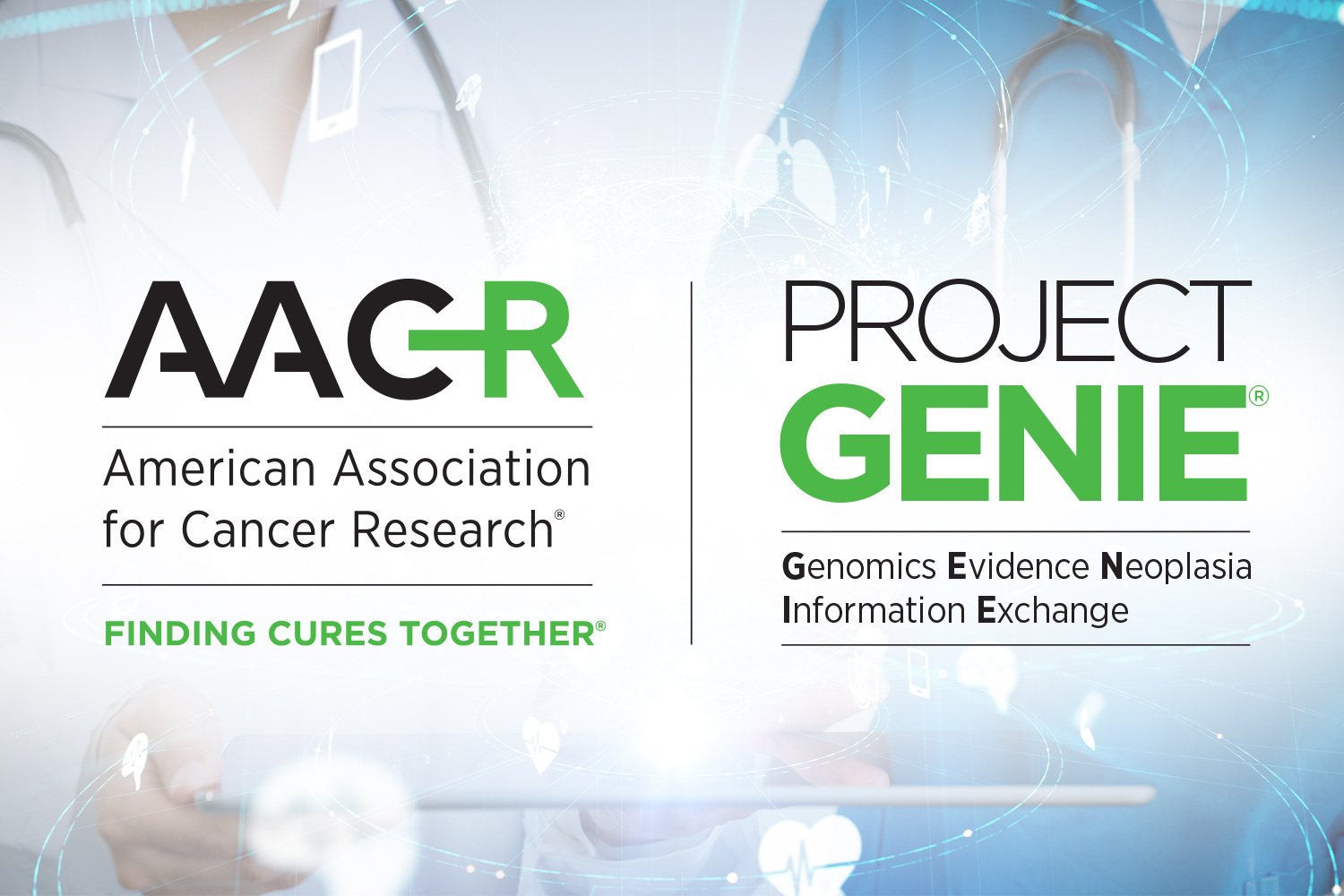
AACR Project GENIE® Consortium Adds Four Institutions
New consortium members will increase representation of diverse populations in the registry.
The American Association for Cancer Research® (AACR) Project GENIE® consortium has added four new institutions as part of its ongoing efforts to increase representation of diverse populations in its registry: Children’s Hospital Los Angeles (CHLA), Korean University Anam Hospital, Louisiana State University Health Sciences Center (LSUHSC), and University of Miami Sylvester Cancer Center. The latest additions bring the total number of institutions in the consortium to 22.
The AACR Project GENIE registry is a fully public cancer database featuring clinical and genomic data from patients treated at participating institutions. The data contained in the registry help researchers understand how cancers develop, how they might best be treated, and how they vary between populations, in addition to powering drug discovery.
Since its first public release in 2017, AACR Project GENIE has accumulated data from almost 150,000 patients representing 111 cancer types and has garnered more than 1,000 citations in published articles as of September 2023. The data housed within the AACR Project GENIE registry have helped shed light on several facets of cancer biology, from the prevalence of genetic mutations to their impact on treatment response.
Analyses of AACR Project GENIE data demonstrated that approximately 30% of non-small cell lung cancers (NSCLC) harbor RAS mutations and contributed to U.S. Food and Drug Administration (FDA) approval of the first RAS-targeted cancer therapy, sotorasib (Lumakras), in 2021. By comparing outcomes among patients treated with sotorasib to historical outcome data from AACR Project GENIE, researchers demonstrated the enhanced efficacy of sotorasib compared with traditional therapies, a key finding that led to its FDA approval for the treatment of NSCLC.
Moreover, researchers have demonstrated the feasibility of using AACR Project GENIE data to compare outcomes between patients whose tumors did or did not harbor certain genetic alterations, such as ERBB2 or AKT1 mutations in breast cancer and RB1, CDKN2A, and CKDN2B deletions in lung cancer. The AACR Project GENIE registry also has enabled researchers to evaluate surrogate endpoints for clinical trials and therapeutic responses in distinct patient populations.
Future research will benefit from increased diversity within the AACR Project GENIE registry, allowing researchers to better understand cancer biology in patients from underrepresented and underserved populations and to develop treatments that will be most effective against their cancers. This is especially important given the higher cancer death rates experienced by many of these demographic groups.
Genomic data from the four new institutions will increase representation of pediatric patients (CHLA); East Asian patients (Korean University Anam Hospital); Creole and Acadian patients (LSUHSC); and Hispanic, Black, and low-income patients (CHLA, LSUHSC, and University of Miami Sylvester Cancer Center).
“We are thrilled to welcome these esteemed institutions to the AACR Project GENIE consortium,” said Philippe Bedard, MD, chair of the AACR Project GENIE Steering Committee. “This expansion will enhance diversity in the AACR Project GENIE registry and accelerate our ability to learn new insights that can benefit all cancer patients.”
Data from these institutions are expected to be available in the July 2024 release. The AACR Project GENIE consortium plans to invite additional institutions in the future as its capacity expands.
Have a minute?
We’d love to know what you think about this topic! Click here to take our survey.





